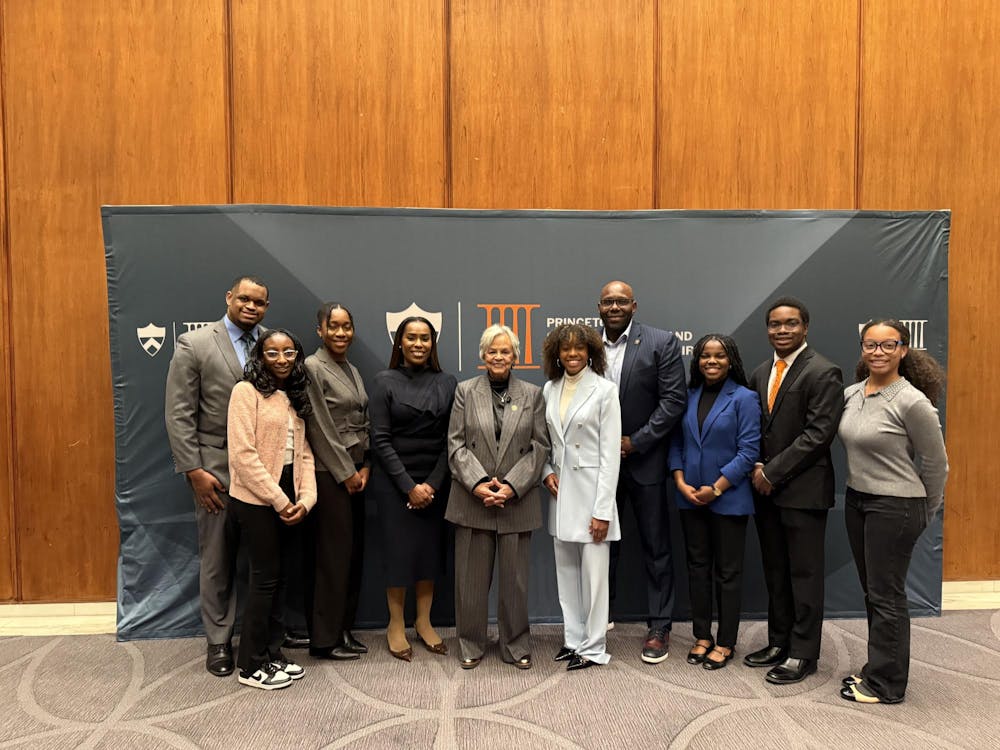As discoveries of anthrax spores shut down post offices and slowed mail delivery throughout the nation, admissions offices at many universities, including at Princeton, have decided to be flexible with their deadlines. Traditionally, the deadline for early decision applications has been Nov. 1. This year, however, many colleges are not certain if they have yet received all the applications mailed to them.
At the University of Pennsylvania, daily mail has been slowed down by about 30 percent, according to UPenn admission office aide Rachel Biller. While there has been no formal extension of the application deadline, Biller said they have decided to allow students a cushion of time in which to send all parts of their applications.
"We are trying our best to ensure that all our applicants are treated fairly regardless of the mail slowdowns in their respective areas," Biller said.
Accepting online applications for the first time this year, UPenn decided to allow all parts of the application, including teacher recommendations, to be submitted electronically. Though no official count has been taken, the number of applications received this year seems to be in line with last year's figure, Biller said.
"The most striking difference between this year and last is the sheer volume of phone calls we have been getting inquiring about the status of applications," Biller noted. "We have also decided to notify high school guidance counselors as well as students about any missing parts of the application."
Other universities are granting similar flexibility.
"We are aware of the issues these kids are dealing with," said Richard Shaw, Yale University's dean of undergraduate admissions. "We know they have been through a lot."
Shaw said Yale still expects applications to be postmarked by a certain date, but that they will be flexible with regard to the dates that they are received.

Including online applications, Yale has not experienced a drop in the number of applications received, Shaw said.
"Application patterns have not been greatly altered," he said.
Yale has acknowledged receipt of applications by e-mail instead of regular mail and has decided to announce admissions decisions online for the first time this year to avoid potential problems with the postal system.
Princeton's proximity to Trenton, the suspected origin of many anthrax-contaminated letters, and the shutdown of the nearby Hamilton mail facility, have made University admissions a prime candidate for disruption. Indeed, all admissions-related travel was suspended for two weeks.

Princeton still does not accept applications submitted electronically, and therefore must receive all of its applications by mail.
Additionally, mail that was in the post offices at the time of the discovery of initial contamination was held up pending further testing. For all of these reasons, the University has agreed to be sensitive and flexible with regard to its application deadline.
Students are being encouraged to fax their applications and are being assured that applications received late because of mail delays will not be discounted in any way. Despite the University's location, Princeton admissions does not seem to have been more adversely affected than most other colleges, according to representatives from the admission office.
Admission officers in all of these colleges have been trained in anthrax safety procedures. Though offices are being more careful and granting more flexibility, the business of reading applications is going on as usual.







